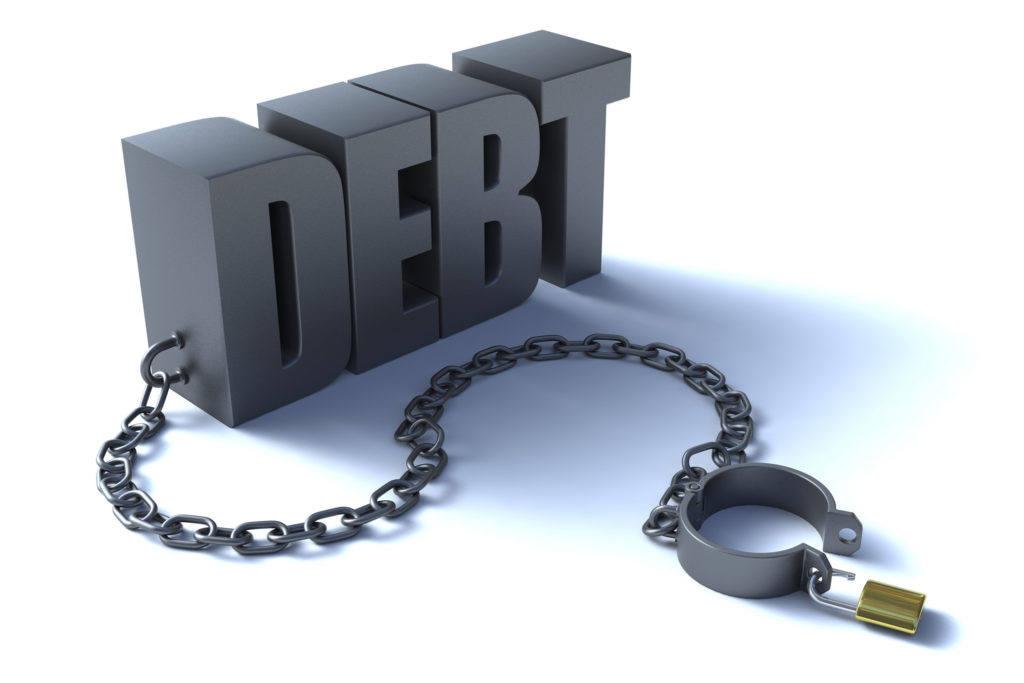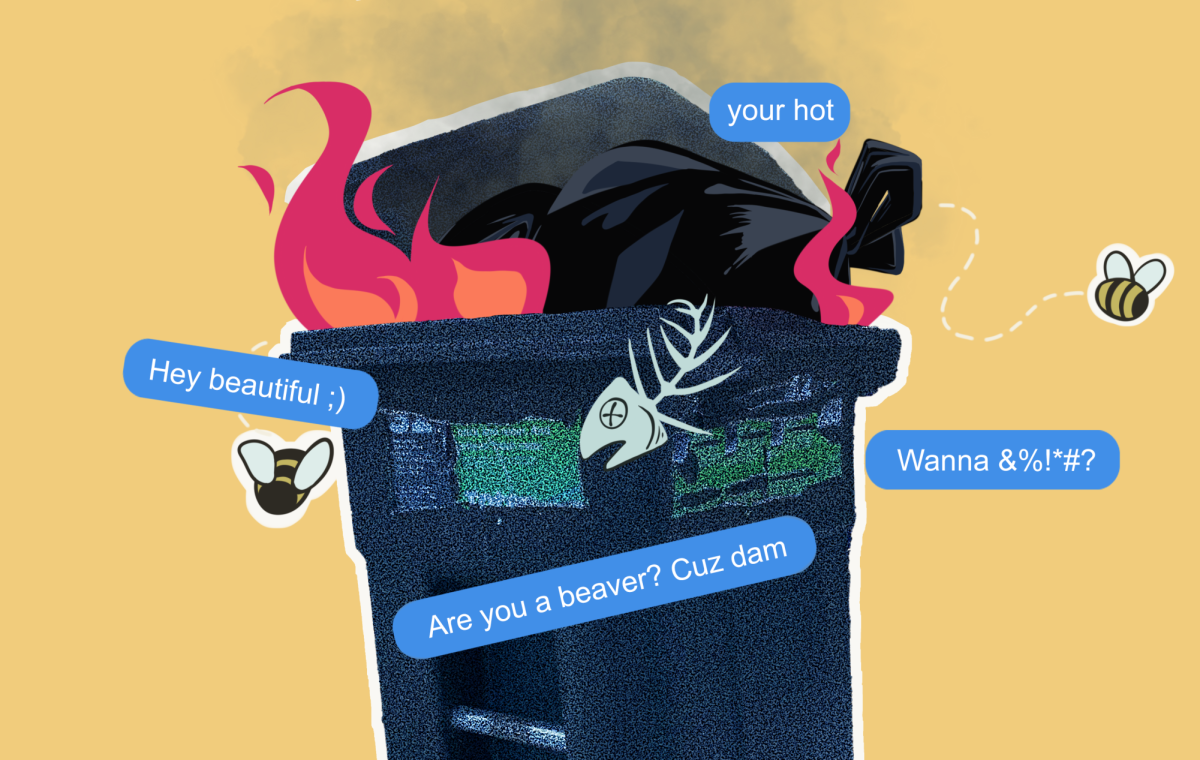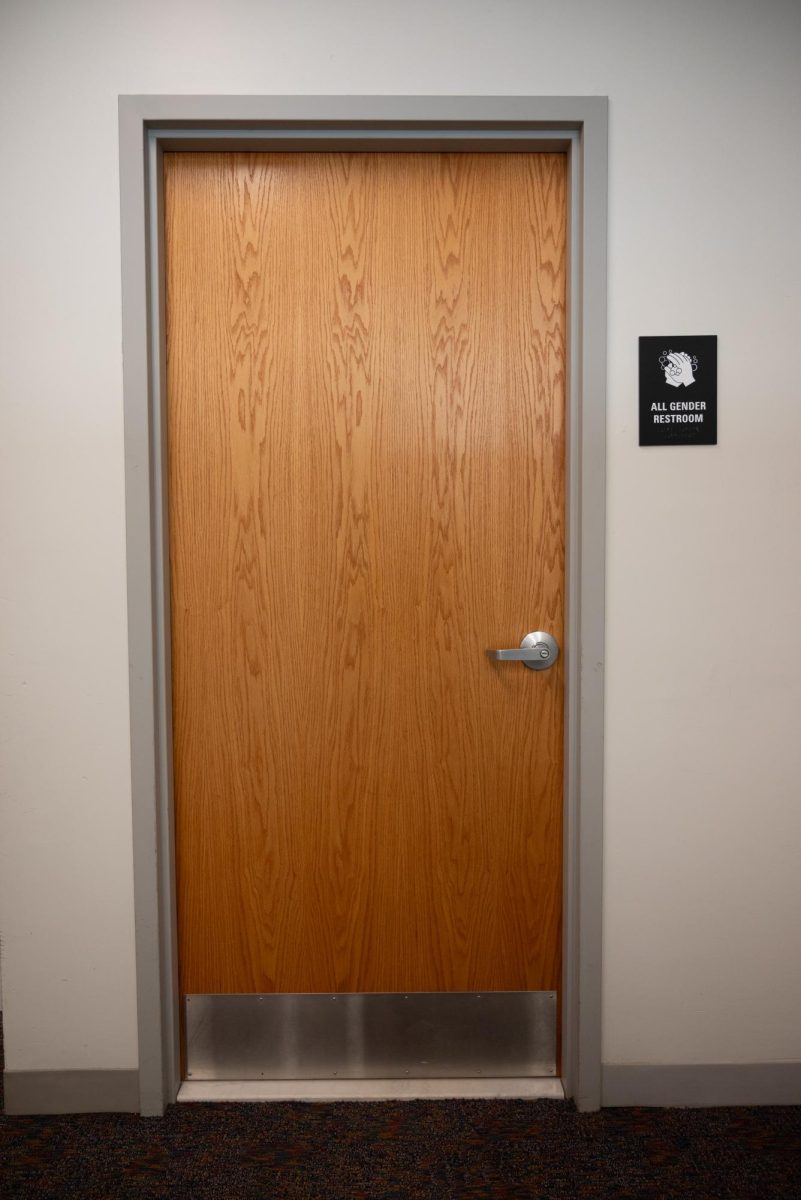If you aren’t familiar with the stereotype, here is your average depiction of a millennial college student: Lazy, entitled, self-obsessed, delayed in everything and, apparently, unable to read anything not in list form.
And while we’ve all been those things from time to time – I’ve probably been all of them today, and it’s not even noon – the indolent “me, me, me” attitude doesn’t quite match up with the generational experience I’ve witnessed, or more specifically, the college experience.
I’ve found that our generation is a wary one, facing the problems passed down to us with caution when required and action when demanded. For many, the only thing we’ve been entitled to is the $1.2 trillion in debt that students are saddled with as of this year as reported by the Consumer Financial Protection Bureau.
Forget sky-high credit card debt or car loans – student loan debt is the most collectable form of debt there is. If you made an impulsive stock purchase and your lucky underwear turns out to be not so lucky, you can get a fresh start in bankruptcy. You can even gamble yourself into debt and still get a chance to start over. But the debt you incurred while paying for your college education? That debt will be harder to shake than your addiction to Netflix.
Most student loan debt cannot be discharged or eliminated through bankruptcy, which places it amongst child support and criminal fines in terms of being nondischargeable. There’s no relief for struggling students – debt collectors will drain your bank account, take you to court, harass you over the phone and make off with your tax rebate. They will go as far as to cut themselves a chunk of your paycheck, if you are lucky enough to have one (thanks, unpaid internships).
It’s especially bad for those with private loans. Whereas federal student loans have many repayment plans aimed to give those in debt a realistic solution, private lenders are looking to kick students where it hurts. They don’t allow deferment or income-based repayment, and extensions are sadly inadequate.
To sum all of that up, getting a college education is more expensive than ever, and if you can’t pay back your loans, you are essentially given the same options as a criminal owing fines, all while struggling to find a job with the degree that caused your financial difficulties in the first place.
So what’s a college kid to do? Well, not surprisingly, regret the whole thing. According to a study by Wells Fargo, one-third of college students say they would have been better off working instead of, say, taking 8 a.m. classes and wallowing in the endless despair that is student debt.
We can dream, but in reality, skipping out on the Catch-22 of college is not too great a prospect either. With only a high school diploma, millennials are looking at a 29.9 percent unemployment rate as compared to the 8.8 percent of college grads. As a graduate told PBS Newshour, the “undergraduate degree has become the new high school diploma.”
Student debt has shaped and will continue to shape the lives of millennials. Delaying graduation, moving back home after college and postponing marriage and children have been characteristic of this generation, according to a Pew Research Center study. But life does not come to a standstill for those in debt: resumes are sent, work contacts are pestered and ends are met, somehow.
Photo courtesy Creative Commons.










